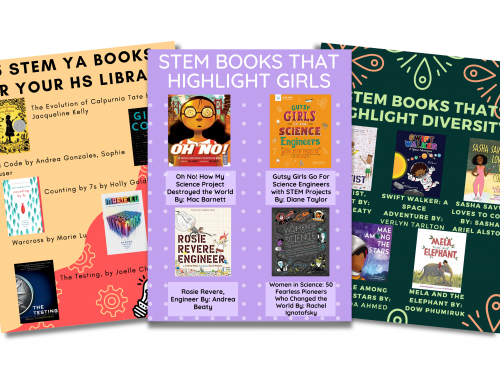Practical projects are like windows into the fascinating world of environmental education in middle school curriculum. They help children develop a profound appreciation for nature while allowing them to explore, experiment, and interact with STEM fundamentals. Imagine aspiring engineers creating innovative ways to recycle plastic waste or young scientists creating their own solar-powered devices. These initiatives educate kids and give them the tools to be changemakers.

Explore Hands-On and Real-World Applications
During middle school, students are searching for real experiences that provide them with a connection with the world around them. Through hands-on projects, students are able to extend their knowledge from textbooks to real-life situations. STEM-focused environmental projects are an excellent way for students to gain a better understanding of ecological systems as well as improve their critical thinking and problem-solving abilities. There is nothing more exciting than preparing and constructing micro-aquaponic systems with a class of students. They will be able to observe first-hand the interdependence of fish and plants in a classroom filled with energy. Students are taught about the delicate balance of nutrient cycles, the importance of water quality, and the importance of sustainable farming methods for a healthy environment. Projects of this type foster a sense of environmental responsibility and a desire to find creative solutions to the global problems that we face. Each of these projects is hands-on while laying a firm STEM foundation.

Implement Conservation Efforts
The issue of environmental pollution is becoming more and more serious every day. It is imperative to promote sustainability among students in middle schools in order to educate the generations to come. It is through the active involvement of students in conservation initiatives that we can provide them with the knowledge and attitude they need to deal with environmental problems head-on. Several initiatives could be established in schools, including recycling, organic gardening, and energy conservation.

Inspire Change Agents
When STEM and environmental education are seamlessly combined, middle school students have a complete learning experience. Through hands-on projects, they obtain practical knowledge while developing critical thinking, analytical, and creative skills. They become change agents by participating in sustainability programs, and actively contributing to a more sustainable future. By empowering students to take charge of these efforts, as well as providing them with leadership skills, collaboration skills, and problem-solving skills, we foster their sense of environmental stewardship as well as their leadership abilities and collaboration skills.

Looking for environmental education tools? Check out these earth and environmental science favorites!







Leave A Comment